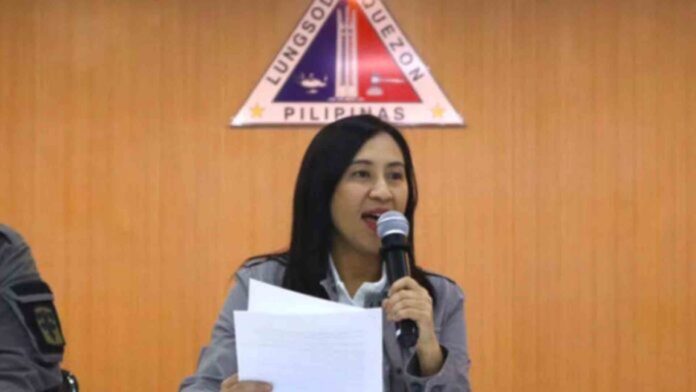As the National Capital Region (NCR) reverts to the more relaxed general community quarantine (GCQ) on August 19, the Quezon City government has issued guidelines for its implementation.
The guidelines, contained in a 12-page memorandum issued by Quezon City Mayor Joy Belmonte, covered safety hours, transportation, businesses allowed, and the mandatory reporting of symptomatic persons and suspected or confirmed cases of the coronavirus disease 2019 (Covid-19).
Based on the guidelines, the city’s public safety hours shall remain from 8 p.m. to 5 a.m.
However, barangays may request the city government for authority to impose a stricter curfew “on a case-to-case basis.”
Each barangay may issue up to two quarantine passes per household and must be presented upon entering an establishment.
Company identification cards may also be presented.
Mass gatherings for leisure or non-essential purposes shall be prohibited while religious gatherings are again allowed but only up to 30-percent capacity of the venue.
Public transportation shall be allowed but on a limited basis, and seat markers, as well as wearing of face mask and face shields will be required.
However, the guidelines state that “prior to operating, PUV drivers are encouraged to undergo health screening at any health center to determine whether they should be tested for Covid-19 and to ensure that they are fit to work.”
Jeepney and bus operations may be allowed at 50-percent passenger capacity for specific routes allowed by the Department of Transportation (DOTr) and the Land Transportation Franchising and Regulatory Board (LTFRB), while UV Express must not exceed two passengers per row seated one seat apart.
TNVS and taxis may operate, provided they are capable of contactless transactions, according to MC No. 2020-018 or the guidelines for operations of TNVS and taxis during the period of GQC issued by the LTFRB.
Tricycles, pedicabs, and e-trikes may operate on the condition that they only have one passenger per vehicle with no back rider.
Permitted businesses under the GCQ, as defined by the Inter-Agency Task Force, such as food, beverage, water, medical, and health, and essential retailers may fully operate.
General manufacturing and production, malls and shopping centers, and barbershops and salons will have limited operations with no more than 50 percent of their workforce reporting on-site.
Furthermore, leisure and entertainment centers, gyms, fitness studios, and other indoor sports facilities, massage parlors, and tattoo shops are still not allowed to operate under the GCQ.
Businesses with 10 or more employees should have a Covid-19 response plan and contact tracing should be immediately conducted in case of any suspected, probable, or confirmed Covid-19 case among their employees.
Companies are also obliged to report symptomatic and suspected or confirmed cases to the Quezon City Epidemiology and Surveillance Unit (CESU).
“To the extent feasible, each barangay and neighborhood (purok, sitio, etc.) should have its own quarantine facilities for isolation of confirmed and suspected Covid-19 cases. The concerned barangay or area should report the establishment of such a facility to the CESU for coordination,” it added.
Belmonte said the city government may sanction any establishment that conceals suspected or confirmed Covid-19 cases or hinders the city’s Covid-19 response teams or contact tracers in the performance of their duties.
“Sanctions may include, without limitation, suspension, or revocation of business permits and the filing and prosecution of criminal charges under applicable laws,” the memo states. (PNA)


